Lower cortisol naturally and take control of your stress levels, Are you tired of feeling stressed, fatigued, or gaining weight for no reason? High cortisol levels might be the cause. Cortisol, known as the “stress hormone,” is good in small amounts but bad when it’s too high.
Table of Contents
- What is Cortisol and Why Does It Matter?
- The Science of Cortisol and Stress
- 1. Ashwagandha – The Ultimate Supplement for Lowering Cortisol
- 2. Rhodiola Rosea – Boost Energy While Lowering Cortisol
- 3. Magnesium – Lower Cortisol and Improve Sleep
- After trying many supplements, here’s what I learned:
- 5. L-Theanine – Lower Cortisol Naturally with Green Tea
- 6. Omega-3 Fatty Acids – Lower Cortisol and Support Brain Health
- 7. Vitamin C – A Simple Way to Lower Cortisol
- 8. Holy Basil – An Ancient Remedy to Lower Cortisol
- Lifestyle Changes to Lower Cortisol Naturally
- Final Thoughts: How I Lowered My Cortisol Naturally
What is Cortisol and Why Does It Matter?
Cortisol is a hormone produced by your adrenal glands in response to stress. It’s part of your body’s “fight or flight” response and helps regulate:
- Energy levels
- Metabolism
- Immune function
- Sleep cycles
However, chronic stress can lead to high cortisol levels, which are linked to:
- Weight gain (especially around the abdomen)
- Fatigue and low energy
- Anxiety and mood swings
- Poor sleep quality
- Weakened immune system
Lowering cortisol is essential for maintaining balance and improving overall health.
The Science of Cortisol and Stress
Cortisol is created in the adrenal glands, small organs that sit on the top of the kidneys. It is released when your brain detects a stressful situation which triggers the hypothalamic-pituitary-adrenal (HPA) axis.
This imbalance self-perpetuates, driving the production of cortisol and making sure your body is primed and ready for action.
Here’s how it works: During stress, the hypothalamus gets active and signals the pituitary gland to secrete a hormone, which then tells the adrenal glands to secrete even more hormones.
That hormone is called ACTH (adrenocorticotropic hormone), which injects itself into the bloodstream and travels to the adrenal cortex.
This enables the body to respond to challenges by:
- Raising blood sugar levels for quick access to energy.
- Improving how the brain utilizes stored sugars.
- Shutting down secondary systems such as digestion or reproduction to save energy.
This is what facilitates the “fight or flight” response. This is why cortisol is often associated with an emergency.
It keeps you conscious and alert during dangerous scenarios.
But while cortisol is beneficial in life-threatening situations, issues arise when it is allowed to remain high for too long.
The same hormone that drives you can also shatter you.
The energy that fuels productivity can also disrupt everything around if the stress response does not go away.
Effects of Over Sustained Increased Cortisol
Over time stress tends to keep cortisol levels high which can be very counterproductive to one’s health.
This, in the longer run, affects almost all systems of the body. The following demonstrates what can happen if cortisol levels are constantly elevated.
- Immunity Being Weakened: Raised cortisol levels have the effect of suppression of the immune system, it makes a person more prone to infections, illnesses, and wounds, in which healing becomes a problem.
- Sleep Patterns Being Disrupted: The natural cycle of cortisol levels going down in the evening for rest is altered due to chronic stress. This leads to insomnia or sleep that lacks rest as well as disrupted sleep cycles.
- Digestive issues: Hormones that cause stress will also slow digestion. Bloating, cramps, and even IBS tend to become an issue that one has to deal with.
- Mental Health Stressors: Cortisol levels that are elevated tend to cause anxiety, depression, lack of focus, and even over a period of time can result in brain fog.
- Fatigue and Weight Gain: An increase in cortisol also encourages fat storage, especially around our stomach region. In addition, it also alters blood sugar control, causing tiredness yet restlessness.
High and constant cortisol levels can be considered the same as a car engine that has been left running. This over-exhausts the system and comes along with too much wear and tear.
If left unchecked, this imbalance can wreak havoc leading to some make or break health issues like hypertension, type 2 diabetes, or other cardiovascular diseases.

I used to think stress was just a normal part of life—until it started affecting my energy, mood, and health.
That’s when I learned about lowering cortisol naturally. I tried several supplements and found some that really helped. Here’s what worked for me:
1. Ashwagandha – The Ultimate Supplement for Lowering Cortisol
Ashwagandha became my favorite for calming anxiety and reducing stress. It’s an adaptogen that helps your body handle stress better. Within two weeks, I felt more energetic and happier.
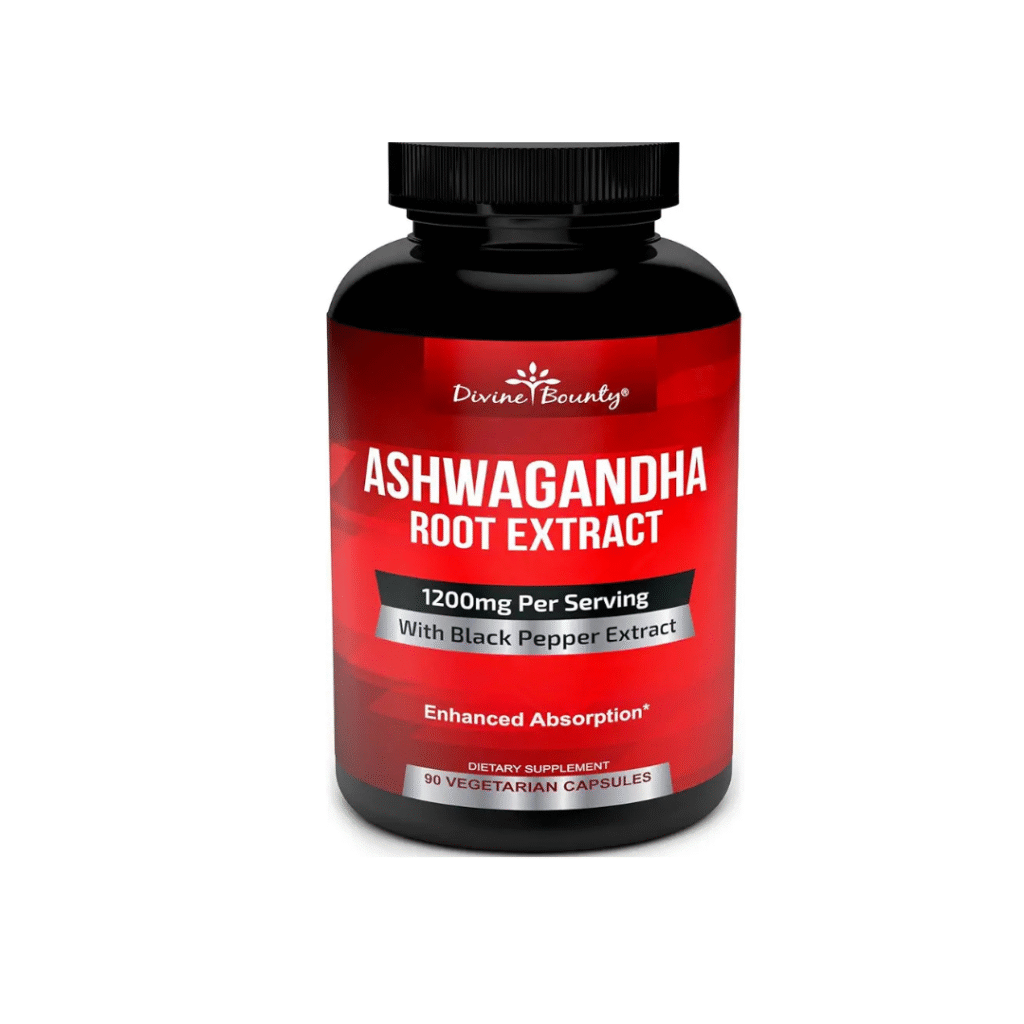
Product Recommendation
I recommend KSM-66 Ashwagandha Capsules because they use a high-quality, standardized extract.
How I Took It
Dosage: 600mg daily (one capsule in the morning and one at night).
Best Time to Take: With meals for better absorption.
Side Effects: Generally well-tolerated, but some people may experience mild stomach upset.
2. Rhodiola Rosea – Boost Energy While Lowering Cortisol
I was hesitant about Rhodiola Rosea at first, but it quickly became a favorite. It balanced my cortisol levels and gave me energy without the jitters.
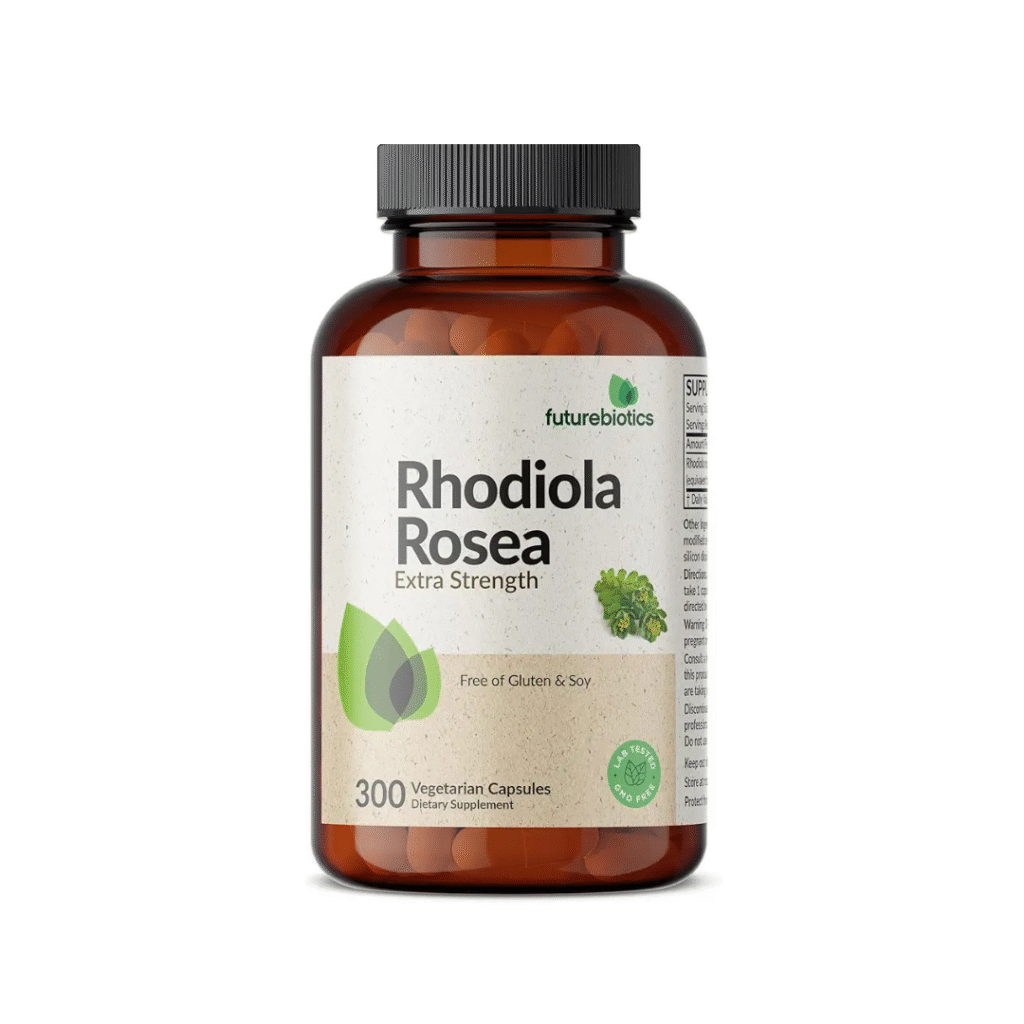
Rhodiola Rosea is another adaptogen that helps balance cortisol and boost energy.
How It Works
Rhodiola Rosea increases your body’s resistance to stress and improves mental clarity.
My Experience
I was skeptical at first, but Rhodiola Rosea gave me steady energy without the jitters.
Product Recommendation
I use NOW Rhodiola Rosea Extract because it’s affordable and effective.
How I Took It
- Dosage: 300mg in the morning before breakfast.
- Best Time to Take: Early in the day to avoid interfering with sleep.
3. Magnesium – Lower Cortisol and Improve Sleep
Poor sleep was a big challenge for me, and magnesium helped a lot. This mineral relaxes your muscles and mind, leading to better sleep and lower cortisol levels.
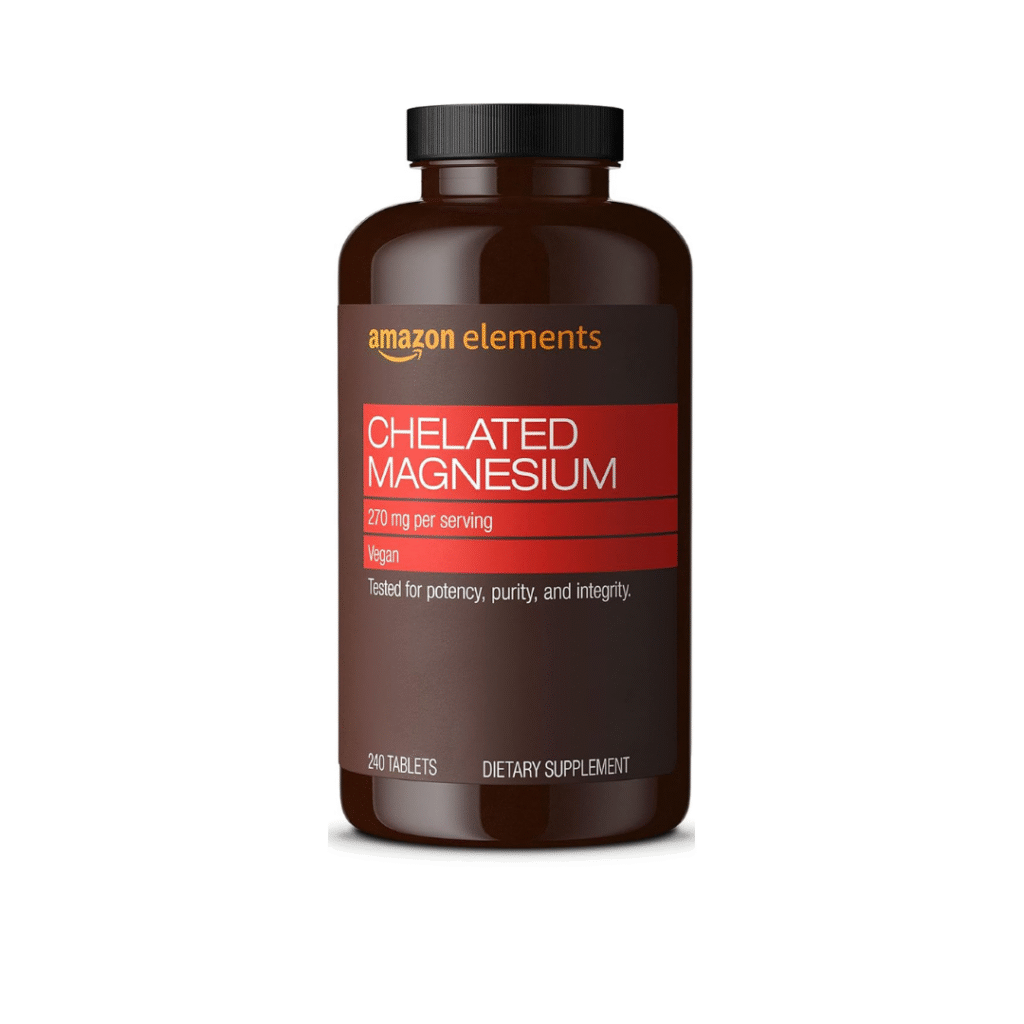
Magnesium is a mineral that helps relax your muscles and mind, promoting better sleep and lower cortisol levels.
How It Works
Magnesium regulates the nervous system and reduces stress hormones.
My Experience
Taking magnesium before bed improved my sleep quality and reduced my stress levels.
Product Recommendation
I recommend Doctor’s Best High Absorption Magnesium
How I Took It
Dosage: 200-400mg at night.
Best Time to Take: Before bed for better sleep.200-400mg at night
4. Phosphatidylserine – The Best Cortisol Blocker
Phosphatidylserine (PS) is a game-changer for lowering cortisol, especially after intense workouts or stressful days. It helped me stay calm and focused, even when things got hectic.
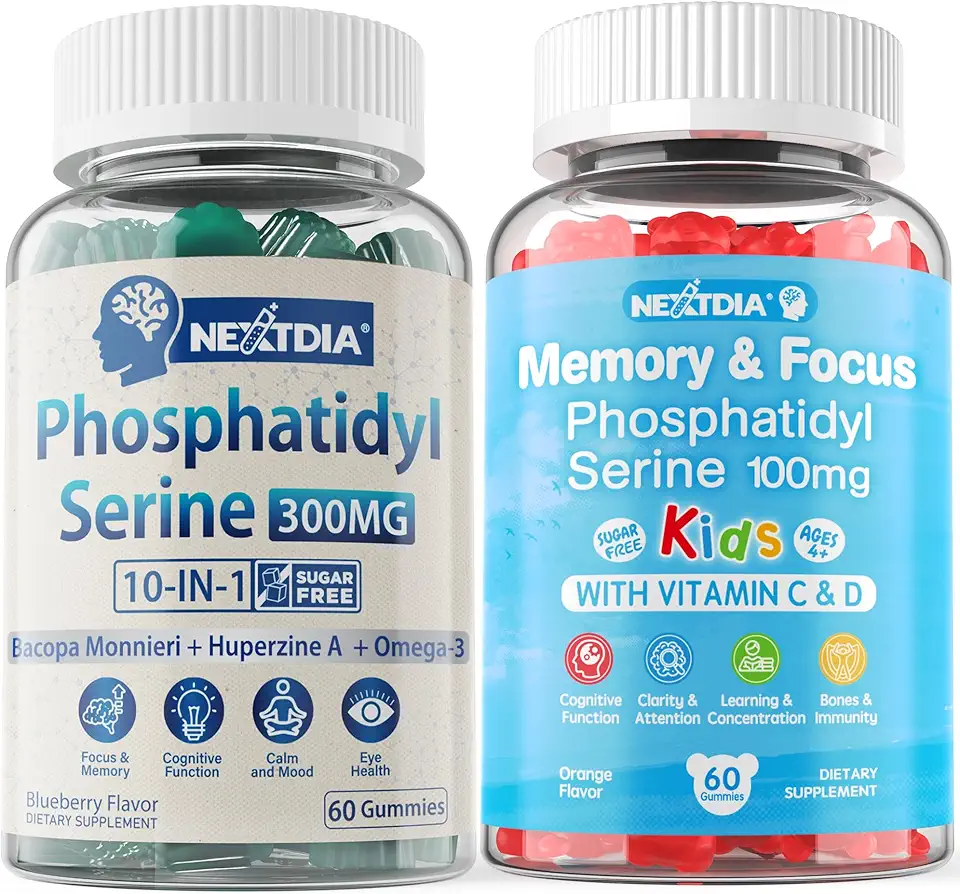
Phosphatidylserine (PS) is a phospholipid that helps lower cortisol, especially after exercise.
How It Works
PS reduces cortisol production and helps your body recover from stress.
My Experience
I noticed a significant reduction in stress after taking PS for a few weeks.
Product Recommendation
I use Jarrow Formulas PS 100.
How I Took It
Best Time to Take: After exercise or on stressful days.
Dosage: 100-200mg in the evening.
5. L-Theanine – Lower Cortisol Naturally with Green Tea
As a tea lover, I was excited to learn about L-Theanine, an amino acid in green tea. It promotes relaxation without making you sleepy, helping me stay calm and focused all day.
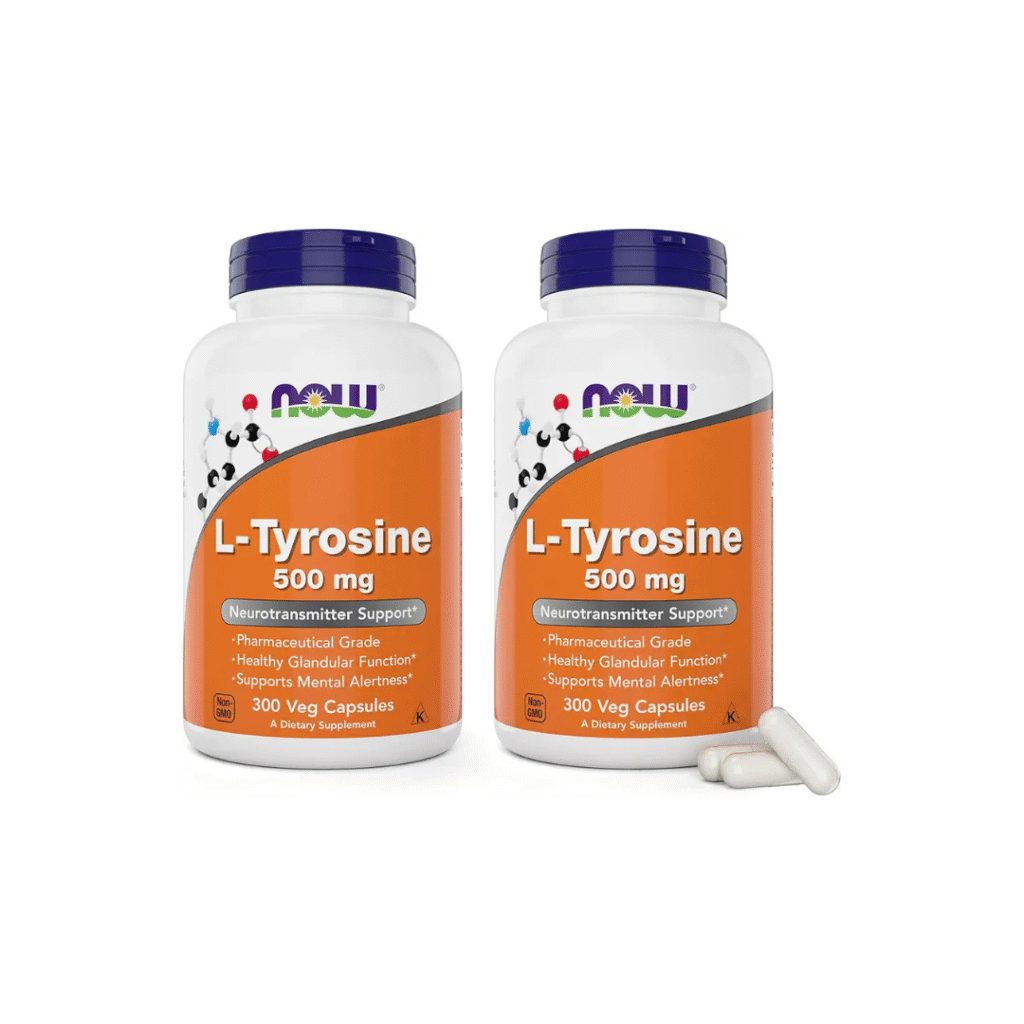
L-Theanine is an amino acid found in green tea that promotes relaxation without drowsiness.
How It Works
L-Theanine increases alpha brain waves, which promote relaxation and focus.
My Experience
I love taking L-Theanine with my morning tea to stay calm and focused.
Product Recommendation:
I recommend Suntheanine L-Theanine Capsules
How I Took It
Dosage: 200mg in the morning with tea.
Best Time to Take: With breakfast for a calm start to the day.
6. Omega-3 Fatty Acids – Lower Cortisol and Support Brain Health
I knew Omega-3s were good for heart health, but I didn’t realize they also lower cortisol and reduce inflammation. Adding fish oil to my routine made managing stress easier and improved my mental clarity.
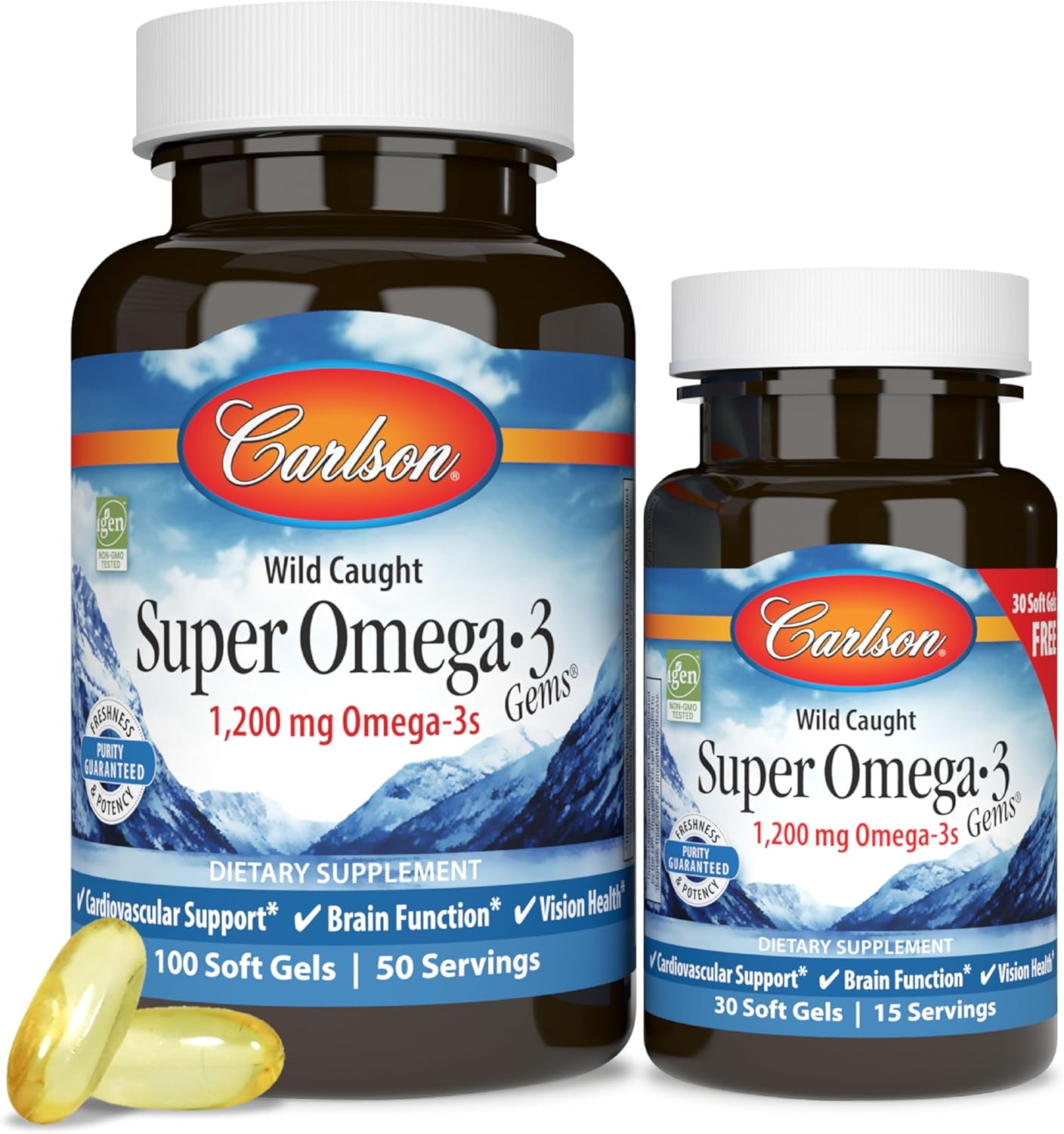
Omega-3s are essential fatty acids that reduce inflammation and lower cortisol.
How It Works
Omega-3s support brain health and reduce stress hormones.
My Experience
Taking fish oil daily helped me feel calmer and more focused.
Product Recommendation
I use Nordic Naturals Ultimate Omega
How I Took It
Dosage: 1000-2000mg daily with meals.
Best Time to Take: With breakfast or lunch.
7. Vitamin C – A Simple Way to Lower Cortisol
Vitamin C isn’t just for immunity—it’s also great for lowering cortisol, especially after intense physical activity. Adding it to my routine helped me recover faster from stress.
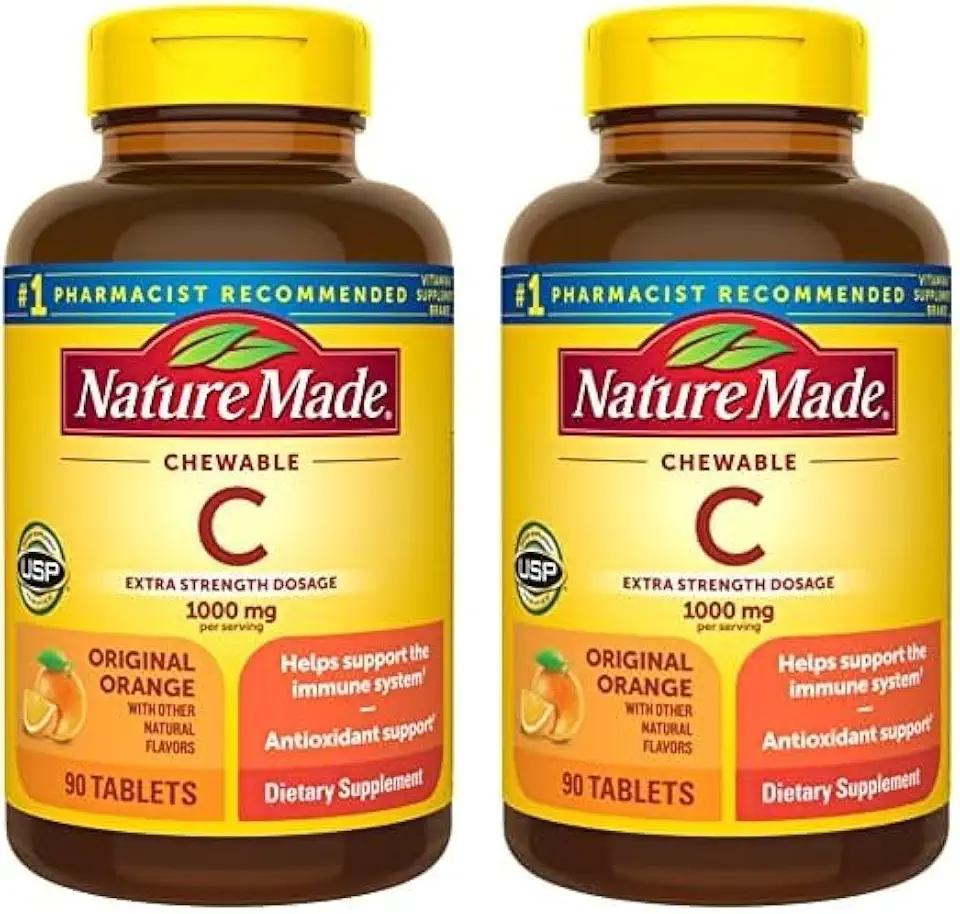
Vitamin C is an antioxidant that helps lower cortisol, especially after intense exercise.
How It Works
Vitamin C reduces cortisol production and supports immune function.
My Experience
Adding Vitamin C to my routine improved my recovery from stress.
Product Recommendation
I recommend Nature’s Bounty Vitamin C 1000mg
How I Took It
Dosage: 1000mg in the morning with breakfast.
Best Time to Take: With meals for better absorption.
8. Holy Basil – An Ancient Remedy to Lower Cortisol
Holy Basil, an herb from Ayurvedic medicine, helped me relax and feel less tired at night. It’s a soft but strong way to handle stress and lower cortisol.
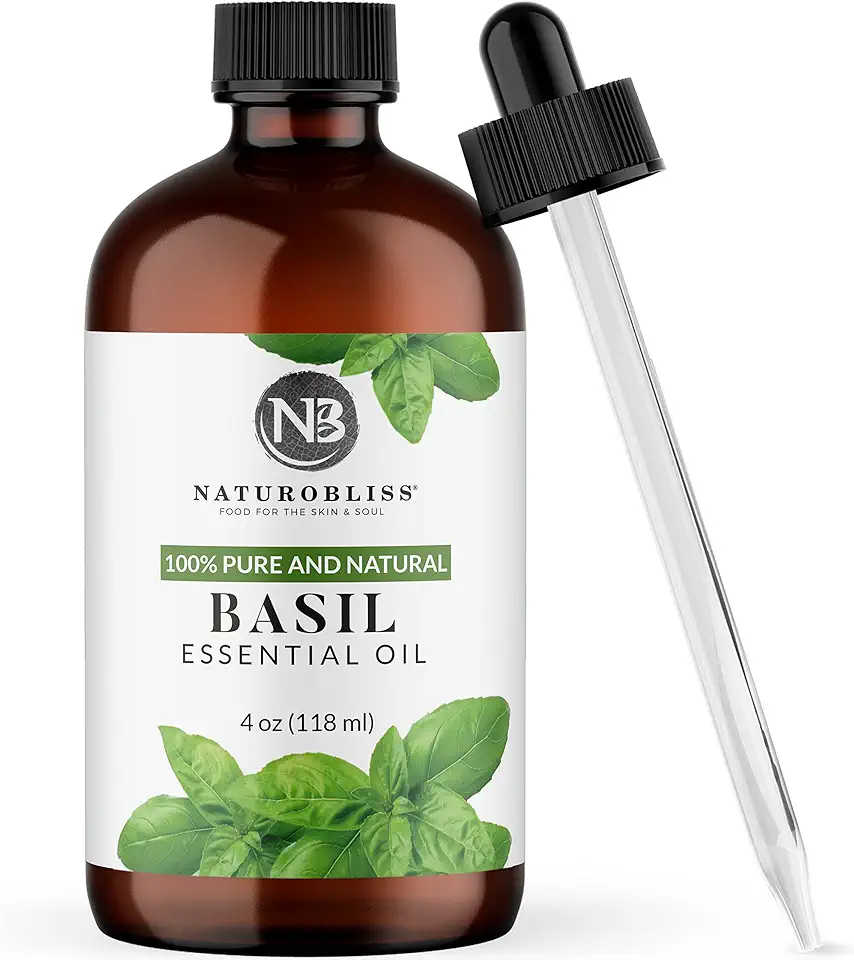
Holy Basil, also known as Tulsi, is an herb used in Ayurvedic medicine to reduce stress and anxiety.
How It Works
Holy Basil regulates cortisol and promotes relaxation.
My Experience
I felt more at ease and less “wired but tired” after taking Holy Basil.
Product Recommendation
I use Organic India Tulsi Holy Basil Capsules
How I Took It
Dosage: 500mg twice daily.
Best Time to Take: Morning and evening.
Lifestyle Changes to Lower Cortisol Naturally
While supplements are helpful, lifestyle changes are essential for long-term cortisol management. Here’s what worked for me:
- Exercise Regularly: Moderate exercise like walking or yoga can lower cortisol.
- Prioritize Sleep: Aim for 7-9 hours of quality sleep each night.
- Practice Mindfulness: Meditation and deep breathing can reduce stress.
- Limit Caffeine: Too much caffeine can spike cortisol levels.
- Eat a Balanced Diet: Focus on whole foods and avoid processed sugars.
Final Thoughts: How I Lowered My Cortisol Naturally
After trying many supplements, here’s what I learned:
- Best for Stress: Ashwagandha
- Best for Energy: Rhodiola Rosea
- Best for Sleep: Magnesium and Phosphatidylserine
- Best for Overall Well-Being: L-Theanine and Omega-3s
After trying all these supplements and lifestyle changes, I finally found a routine that works for me. If I had to pick just one supplement, it would be Ashwagandha for its overall stress-relieving benefits.
Remember, supplements aren’t a quick fix. I also changed my lifestyle. I started sleeping better, exercising more, and cut down on caffeine. But these supplements were a big help in lowering cortisol and managing stress.
If you’re struggling with high cortisol, I hope this guide helps you find what works. Have you tried any of these supplements? Share what works for you!
Disclaimer: This post has affiliate links. If you buy through these links, I might get a small commission. It doesn’t cost you anything extra. This helps me keep my website running and share more valuable content. Thank you for your support.